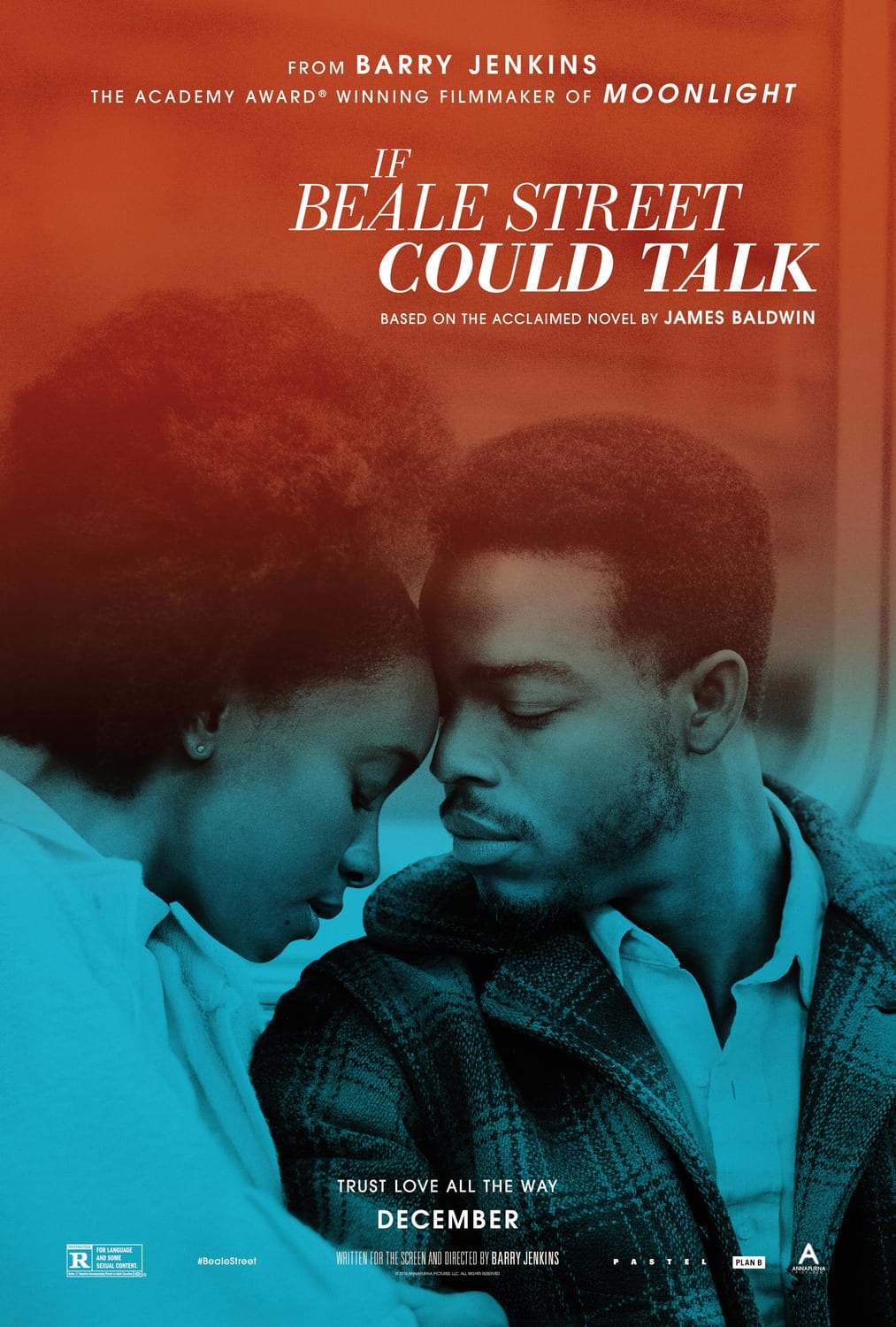
Whether you saw Moonlight before or after it’s crazy Oscar win two years ago, odds are you remember Barry Jenkins taking to the stage in pure shock after LaLa Land won the best picture and then it was announced his film Moonlight was the actual winner. Jenkins, who also won that night for the best best-adapted screenplay, says it’s still a surreal memory. The writer, director, and former Telluride film programmer is back in the awards race this year with If Beale Street Could Talk. Courageously and boldly adopting the James Baldwin novel that already has the picture up for numerous awards.
If Beale Street Could Talk centers around a couple dealing with being wrongly accused of a crime by police in the 1970’s. However, the heart of the film is a love story about Tish’s love for Fonny, and how she is willing to wait however long is needed for his release or exoneration. It also explores contrasting family dynamics; Tish’s more liberal and open-minded family, including a critically praised performance by Regina King, trying to do everything they can to prove their future son-in-law’s innocence. While Fonny’s more conservative parents blame Tish for his incarceration.
Barry Jenkins talks about how both Moonlight and If Beale Street Could talk are companion pieces. In both films, he explores the themes of nature versus nurture and how both screenplays were written virtually at the same time. You can catch If Beale Street Could Talk in theaters starting Dec 14th and the full Barry Jenkins interview below.
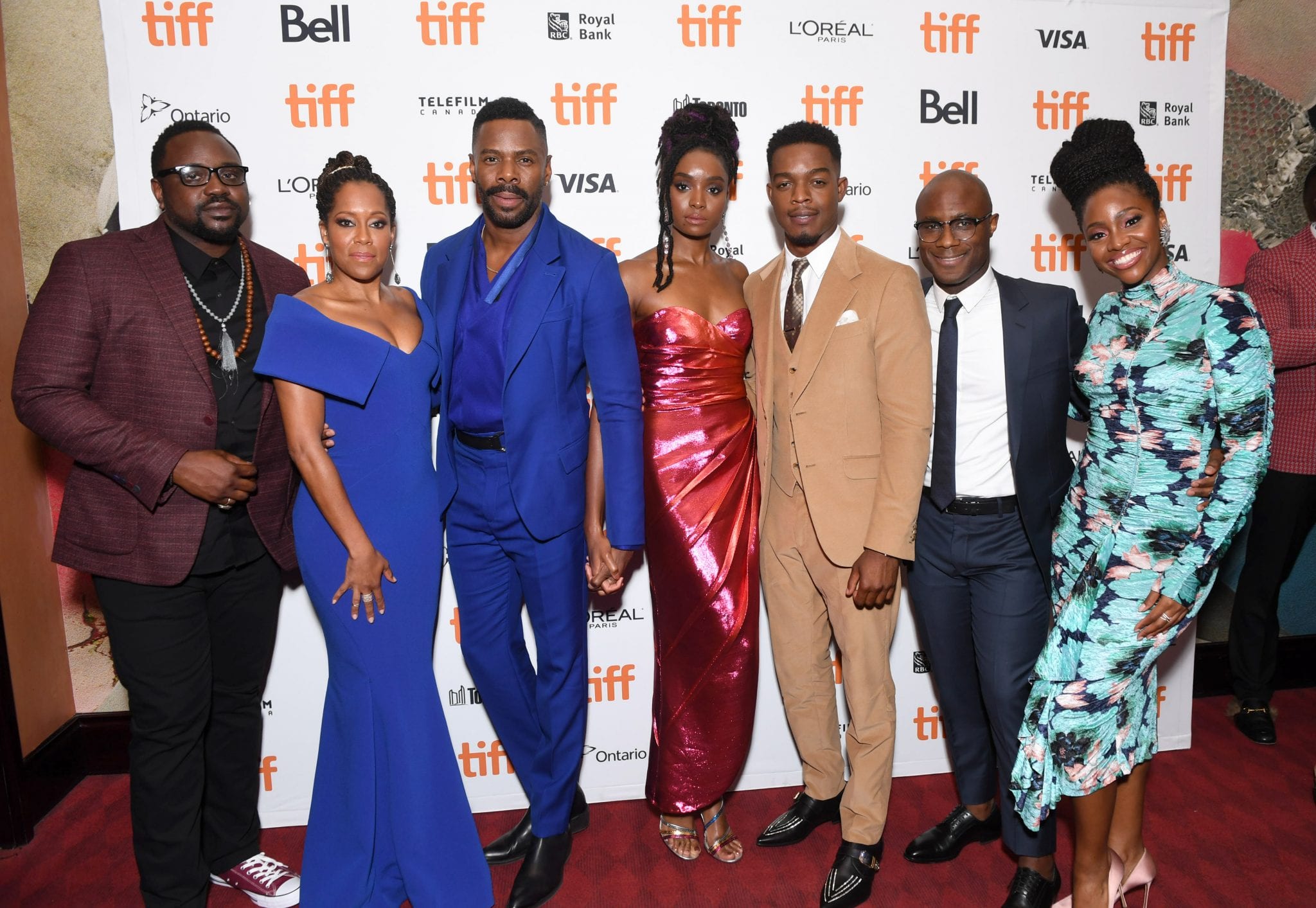
Brian Tyree Henry, Regina King, Colman Domingo, KiKi Layne, Stephan James, Barry Jenkins, Writer/Director/Producer, Teyonah Parris
Transcript:
Dustin Chase– “Can you highlight some of the themes that will speak and resonate with millennials or this age from this film?”
Barry Jenkins – “I think for millennials, in particular, it’s about young love, I’m 39 now so I am not a millennial. But I think of young love, I refer to it as puppy love. It’s a way of downplaying the passion and the inability of love between young people. I think when I read this book for the first time, hopefully, when people watch the film, you will see that these characters Tish and Fonny are soulmates and their love is the thing that will sustain them. I am going to take the term puppy love off the table.”
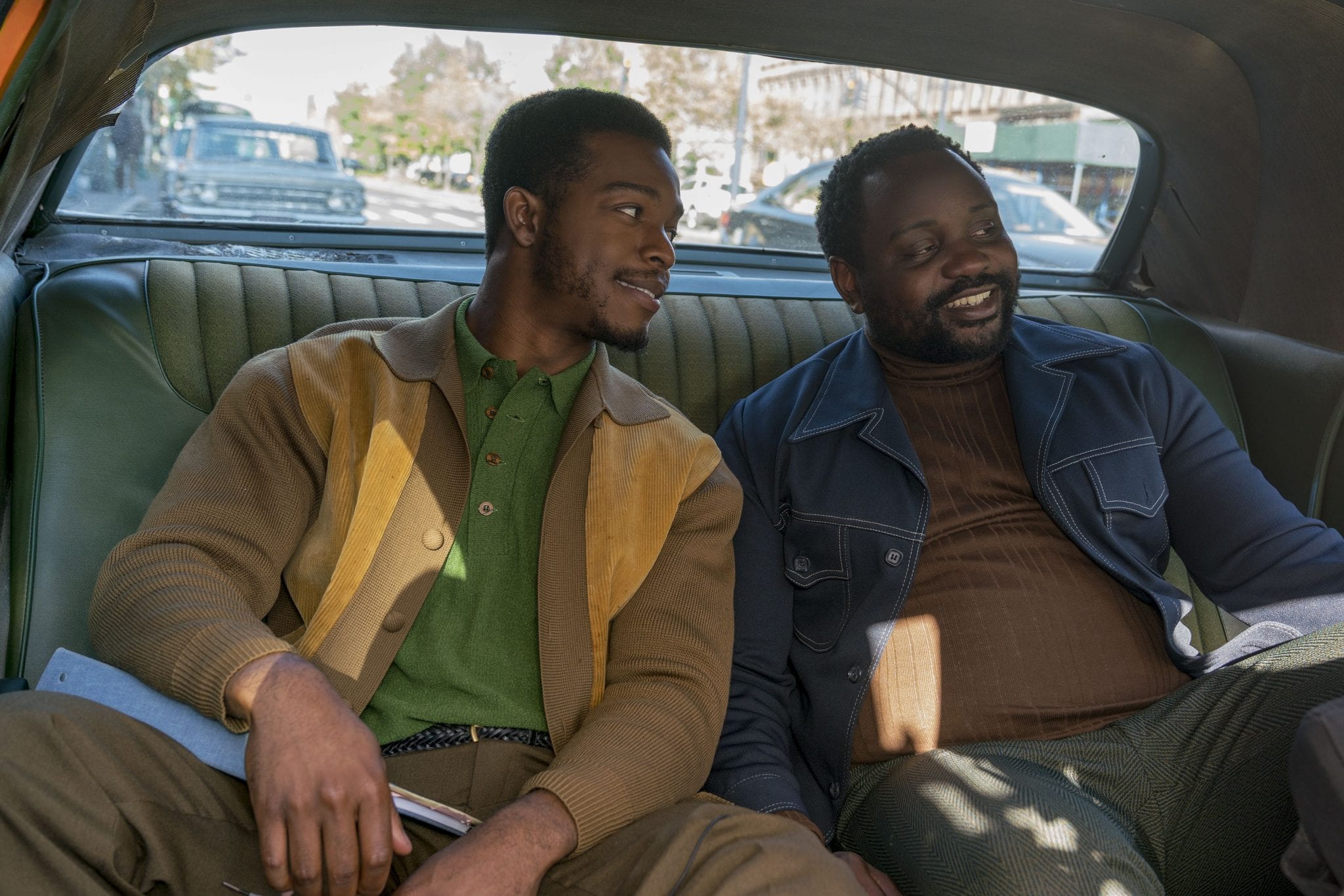
DC– “We see a lot of different types or parenting in this film, can you describe some of the differences in those and highlight some of the different representations.”
BJ – “It’s interesting, I think there are so many generations of people, in the book and this film, and as you go through it you’re seeing these many different examples of parenting, both generationally, because our two leads, Tish and Fonny are going to have a baby, so are parents. Then we have Tish’s parents, played by Regina King and Colman Domingo, who are very nurturing and have no judgment upon their children. Then, of course, we have Fonny’s parents, played by Aunjanue Ellis and Michael Beach, who respond, at least the mother does, in extreme judgment. So I think what it shows for me is because all those characters are black, is this idea that black people are not a monolith, we don’t have a single way of approaching anything. Also, it’s nature versus nurture in a certain way, I think the conditions that you come from, whether it’s a very nurturing environment or the absence of nurture can directly affect the quality of life of those children.”
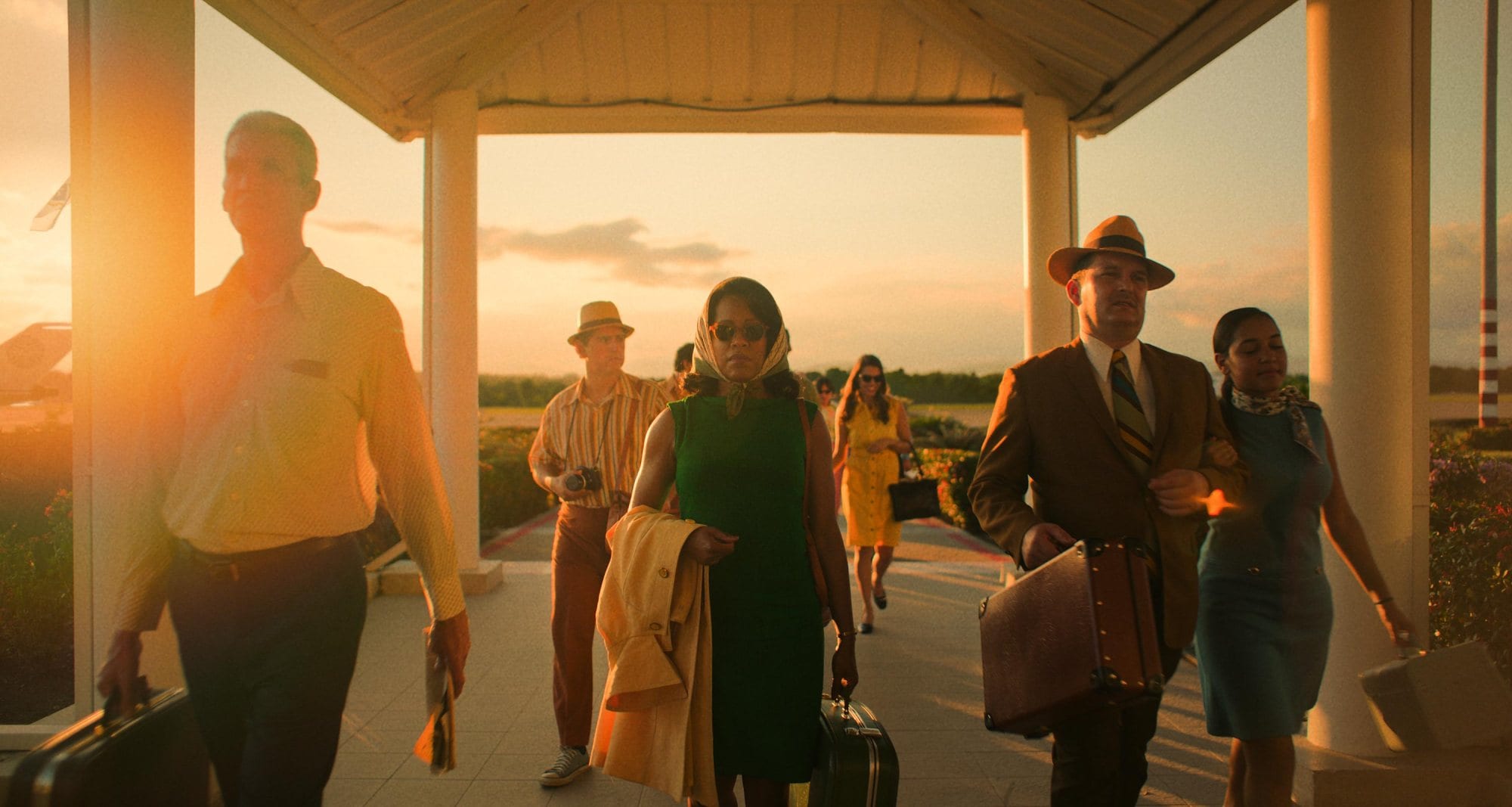
Regina King stars as Sharon in Barry Jenkins’ IF BEALE STREET COULD TALK, an Annapurna Pictures release.
DC– “And you have that explosive scene where we kinda see all those parenting tastes happening in one scene…”
BJ– “I love that scene in the book because you have eight black people sitting in a living room and you assume they all think the same way and this conundrum is presented, which is what are we going to do about this child, and everyone responds in somewhat a different way. But they should because they are all different people from different places. And I remember reading that in the book and it’s broken up over several pages. You get a little bit of it on page 30 and a little bit more on page 80 because the book is very non-linear. In this film I thought no, because it’s a drama, there is systemic injustice, and things that happen to Fonny with his run-in with the police is very important to the narrative, and if none of that happened, if it was just about these two families having to come together over that child, that’s enough drama in and of itself. That’s what I love that sequence. When I watch it was a public audience, people just go nuts, because, in a certain way, we have all been in those situations with our whole families because a family member can cut another familiar member like no one else. “
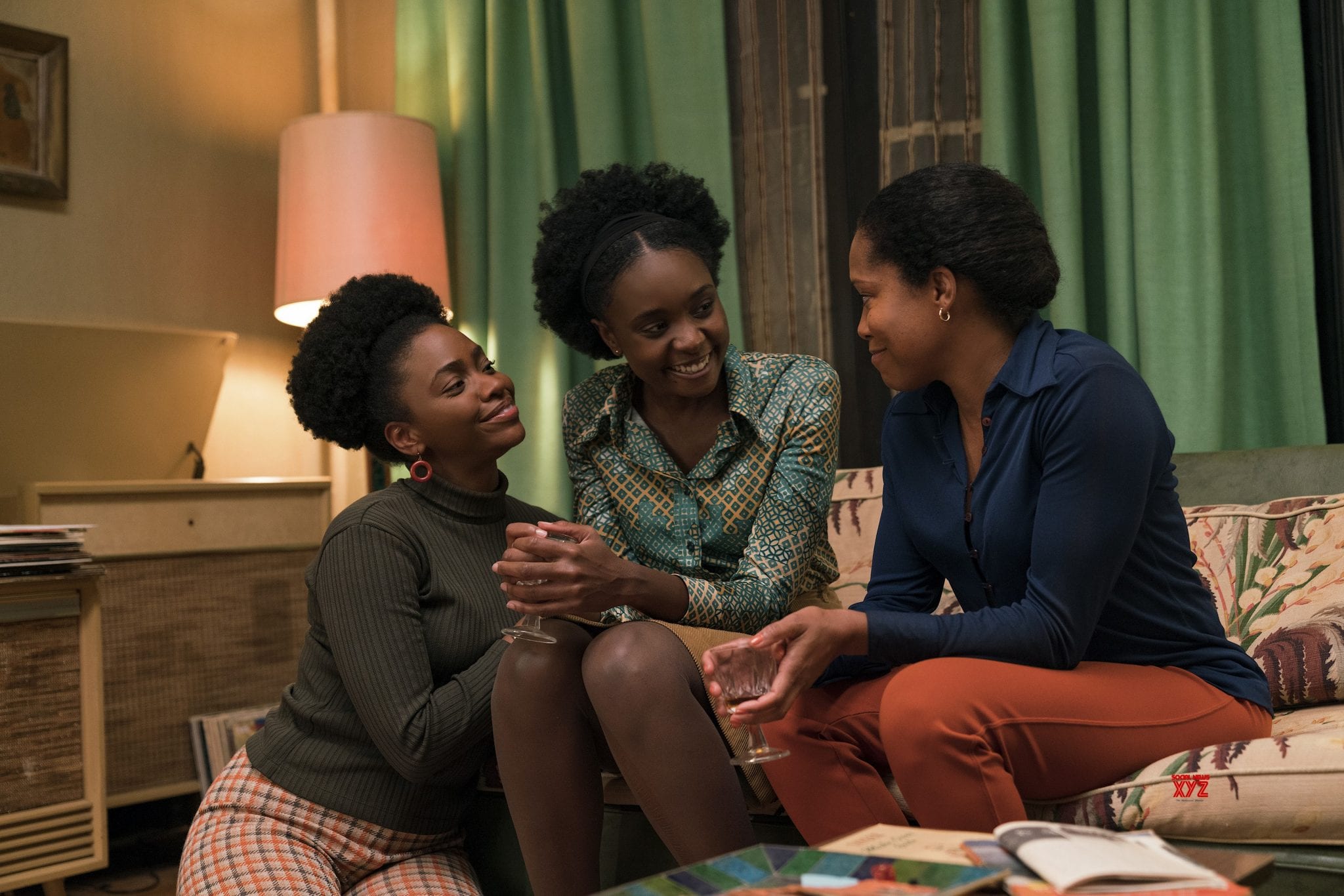
DC– “You have mentioned in other interviews, I think the word you used was companion piece, but can you articulate that a little for me on how you see them as companion pieces?”.
BJ – “I think for me, it’s a couple of things, as a storyteller, I wrote the two screenplays roughly at the same time. I was in the same emotional space when I built them. I think even going beyond that, nature versus nurture again, both of these stories are essentially about mothers and their children. I think if you took the mother from Moonlight, played by Naomie Harris and made her the mother in Beale Street, how would that affect the lives of these children, how would it effect that living room scene? And if you took Regina King, out of Beale Street. And made her the mom in Moonlight, how would that effect Chiron? If he was living in an environment that was that nurturing, the way Tish’s environment was nurturing and how there is no shame, how would that affect his emotional development? To me, that’s how the movies are related to this nature versus nurture dynamic.
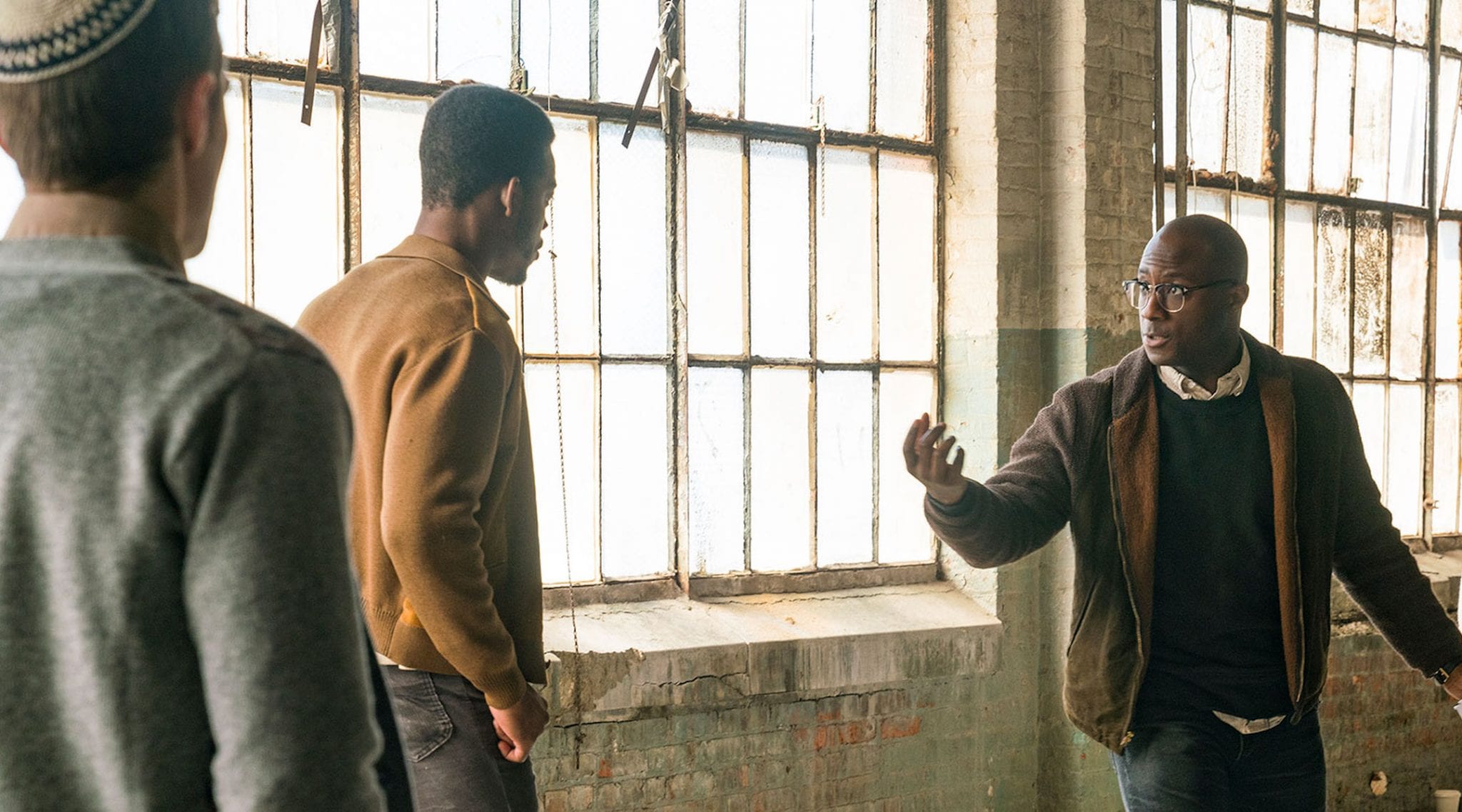
DC– “Not only are you a writer, director, you have done so many amazing things, but you have also done so much programming at film festivals, I’m curious if you have had time to see some of the slate of award contenders this year, what’s really impressed you or stood out?
BJ– “I haven’t been able to see everything. I haven’t seen First Man, Suspiria, A Star is Born, The Hate U Give, there is so much I haven’t seen because I have been doing this. I did love Roma and The Rider, those two films really grabbed me. The things that move me, not the most in cinema, but the easiest way to grab me is to create a cinematic experience and those films do that. There is a short film called The Magnificent Cake, it’s a Belgian animated film about 45 minutes. It’s about King Leopold and his history in the Congo, which we don’t talk about enough, very interesting film. That’s probably my favorite film I’ve seen this year. I’m still catching up on the award season things. I also liked the Claire Denis film, Let the Sunshine In, which nobody saw.”

IF BEALE STREET COULD TALK
Stephan James as Fonny and KiKi Layne as Tish

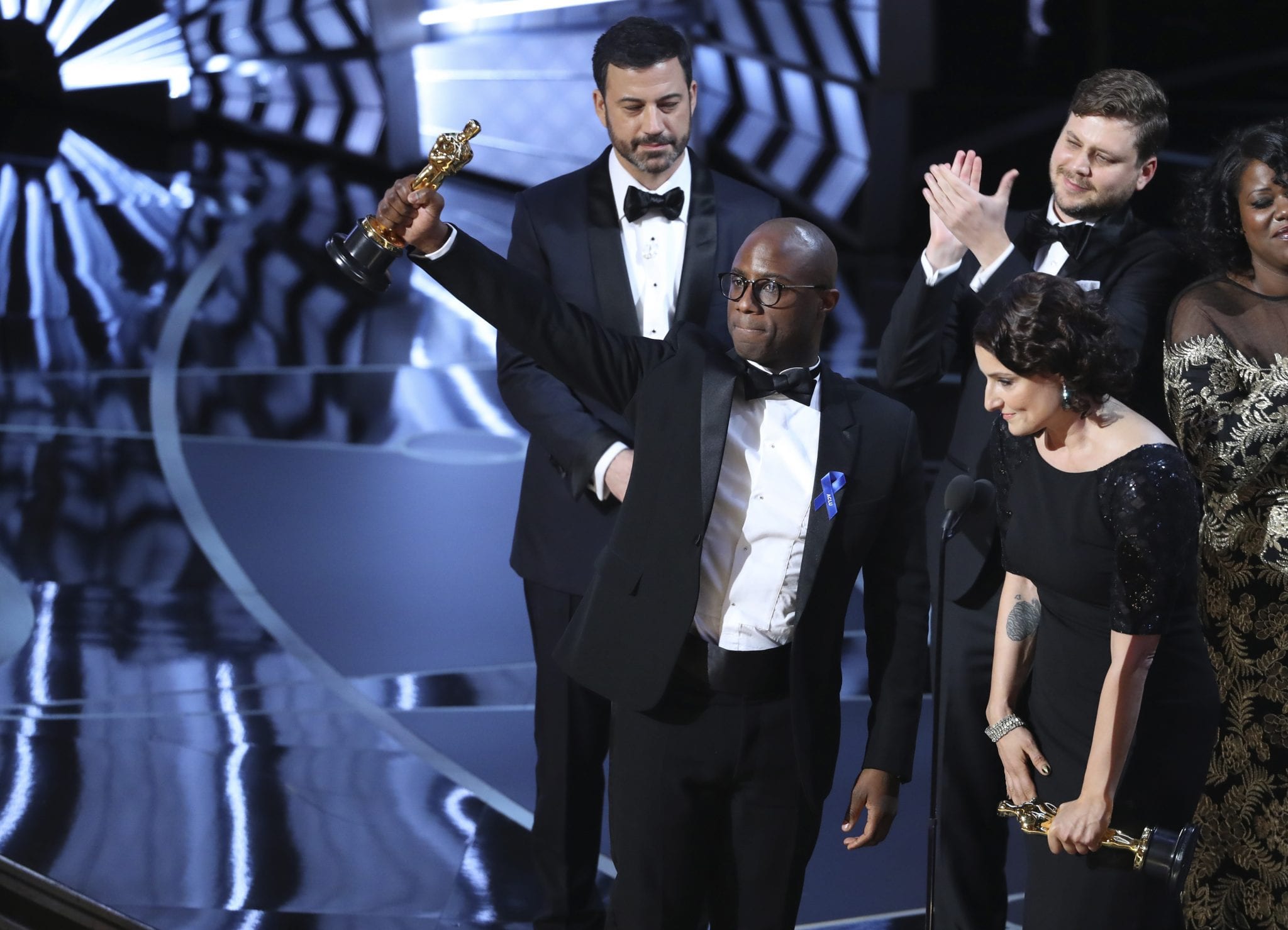


Leave a Comment